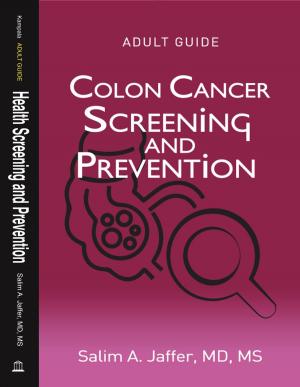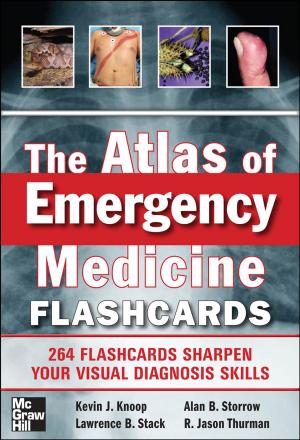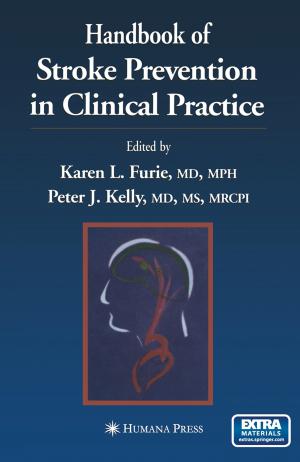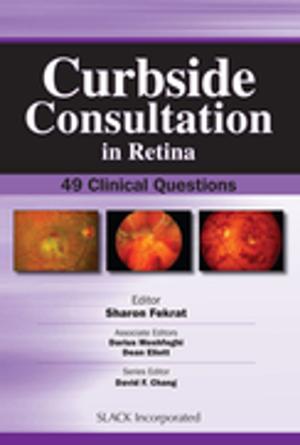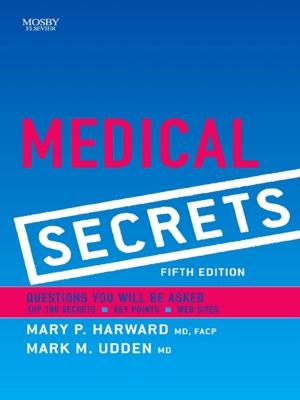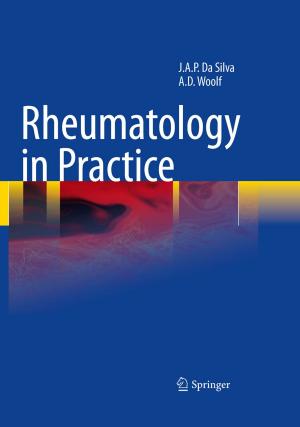The American Psychiatric Association Practice Guideline on the Use of Antipsychotics to Treat Agitation or Psychosis in Patients With Dementia
Nonfiction, Health & Well Being, Psychology, Psychiatry, Medical, Specialties| Author: | American Psychiatric Association | ISBN: | 9780890426784 |
| Publisher: | American Psychiatric Association Publishing | Publication: | May 3, 2016 |
| Imprint: | American Psychiatric Association | Language: | English |
| Author: | American Psychiatric Association |
| ISBN: | 9780890426784 |
| Publisher: | American Psychiatric Association Publishing |
| Publication: | May 3, 2016 |
| Imprint: | American Psychiatric Association |
| Language: | English |
Dementia is associated with a sizeable public health burden that is growing rapidly as the population ages. In addition to cognitive impairments, individuals with dementia often come to clinical attention because of symptoms of a behavioral disturbance (e.g., irritability, agitation, aggression) or psychosis. The burden on caregivers is substantial and is increased when dementia is associated with behavioral and psychological symptoms, and particularly with agitation or aggression. Treatment of psychotic symptoms and agitation in individuals with dementia has often involved use of antipsychotic medications. In recent years, the risks associated with use of these agents in the older adult population have become apparent. There has been a growing need to develop guidelines for appropriate use of antipsychotic medications in dementia.
The American Psychiatric Association Practice Guideline on the Use of Antipsychotics to Treat Agitation or Psychosis in Patients With Dementia seeks to fulfill this need to improve the care of patients with dementia who are exhibiting agitation or psychosis. The guideline focuses on the judicious use of antipsychotic medications when agitation or psychosis occurs in association with dementia. It is intended to apply to individuals with dementia in all settings of care as well as to care delivered by generalist and specialist clinicians. The guideline offers clear, concise, and actionable recommendation statements to help clinicians to incorporate recommendations into clinical practice, with the goal of improving quality of care. Each recommendation is given a rating that reflects the level of confidence that potential benefits of an intervention outweigh potential harms. Findings from an expert opinion survey have also been taken into consideration in making recommendations or suggestions. In addition to reviewing the available evidence on use of antipsychotics in treating agitation or psychosis in patients with dementia, the guideline provides guidance to clinicians on implementing these recommendations to enhance patient care.
Dementia is associated with a sizeable public health burden that is growing rapidly as the population ages. In addition to cognitive impairments, individuals with dementia often come to clinical attention because of symptoms of a behavioral disturbance (e.g., irritability, agitation, aggression) or psychosis. The burden on caregivers is substantial and is increased when dementia is associated with behavioral and psychological symptoms, and particularly with agitation or aggression. Treatment of psychotic symptoms and agitation in individuals with dementia has often involved use of antipsychotic medications. In recent years, the risks associated with use of these agents in the older adult population have become apparent. There has been a growing need to develop guidelines for appropriate use of antipsychotic medications in dementia.
The American Psychiatric Association Practice Guideline on the Use of Antipsychotics to Treat Agitation or Psychosis in Patients With Dementia seeks to fulfill this need to improve the care of patients with dementia who are exhibiting agitation or psychosis. The guideline focuses on the judicious use of antipsychotic medications when agitation or psychosis occurs in association with dementia. It is intended to apply to individuals with dementia in all settings of care as well as to care delivered by generalist and specialist clinicians. The guideline offers clear, concise, and actionable recommendation statements to help clinicians to incorporate recommendations into clinical practice, with the goal of improving quality of care. Each recommendation is given a rating that reflects the level of confidence that potential benefits of an intervention outweigh potential harms. Findings from an expert opinion survey have also been taken into consideration in making recommendations or suggestions. In addition to reviewing the available evidence on use of antipsychotics in treating agitation or psychosis in patients with dementia, the guideline provides guidance to clinicians on implementing these recommendations to enhance patient care.


